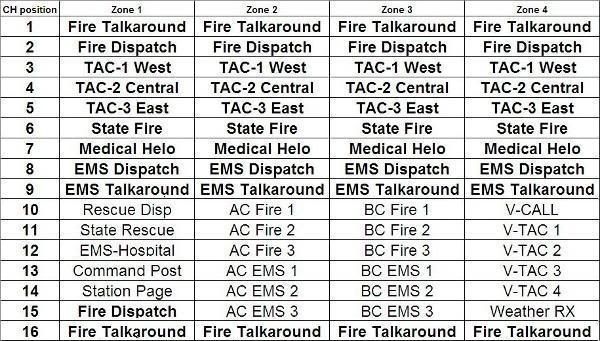They don't even speak the same language!
Yeah, let's connect them. And then, when that happens, let's see if they use the same phonetic alphabet, whether the ten codes mean the same things, or whether they understand each other's reference waypoints.
This is one area where they could learn a great deal from air traffic controllers and pilots. They have common visual waypoints on their charts, they use the international phonetics alphabet, and they use carefully thought out pro-words and phrases to outline precisely what they're trying to say.
Frankly, if people from different countries can do it, I don't see why the police couldn't. However, with the tower of babble they have going right now, even if they did offer interconnects, it would confuse more than it would help.


